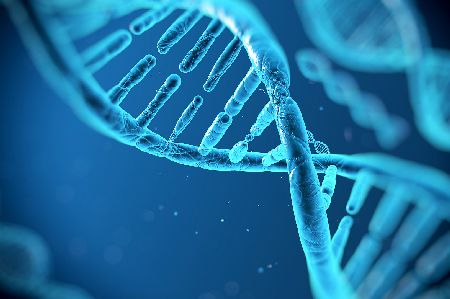
The new funding will improve the storage and curation of enormous datasets
The University of Liverpool has been awarded £1.78 million, as part of the UK’s Biotechnology and Biological Sciences Research Council (BBSRC) £7.5 million investment to tackle bioscience big data challenges.
The Liverpool team, in a partnership led by the University of Warwick, aim to develop and support bioinformatics tools for analysing Next Generation sequencing data in plant sciences.
Professor Anthony Hall, from the University’s Institute of Integrative Biology, said: “Biologist are continuously swamped by large amounts of data and analysing it requires powerful computers and expertise.
“This new project, called iPlant UK, aims to democratise access to shared hardware and software tools, empowering lab scientist to work collaboratively with big data.”
Biological discovery is increasingly being driven by ground-breaking technologies, such as high-throughput genomic analysis and next generation biological imaging, which generate massive and complex datasets. In order to investigate complex biological phenomena, researchers need access to comprehensive, integrated data resources that are accessible for the whole community.
Bioinformatics investment
Access to primary research data is vital for the advancement of science; to validate existing observations and provides the raw materials for new discoveries. Sharing data in a standardised way can enable exciting breakthroughs as researchers interrogate big data sets to spot undiscovered patterns of biological importance.
However, many biologists, and in some areas the community as a whole, struggle to take full advantage of the data generated because of a lack of computing resource, appropriate support and technical skill.
To meet these challenges, BBSRC is strengthening investment in bioinformatics and biological resources, focusing on the needs of the research community, and facilitating the development of sustainable models of operation.
Unprecedented rates
Professor Jackie Hunter, BBSRC Chief Executive, said: “We experience problems coping with our own local data storage – videos, picture and other media take up huge amounts of space on our home computers. In life sciences, the data required for research is unimaginably larger and growing at unprecedented rates.
“The reference wheat genome takes up about 6 Gigabytes, for example, and a high resolution video of the human heart of just one patient can be around 50 Gigabytes, or the equivalent of 50 feature length films at standard definition.
“This data provides a mine of information that will help us now and in the future but it needs to be properly stored, curated and made easily accessible. These investments will help us achieve this in important areas, from discovering new drugs to breeding crops that are more resistant to climate change.”